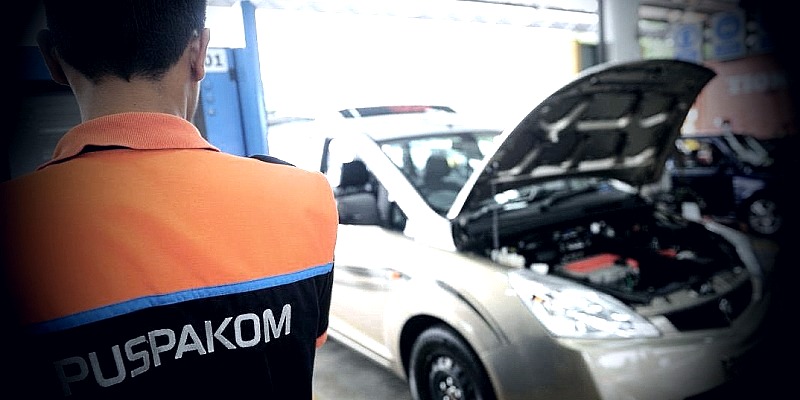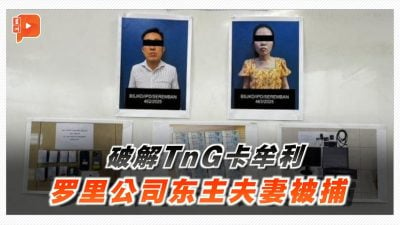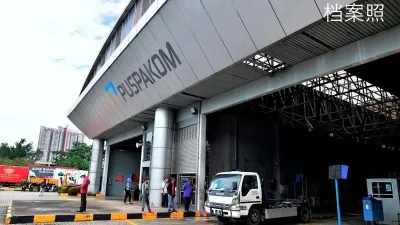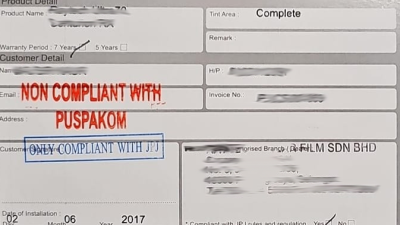Malaysian companies cannot solely rely on monopolized markets and stifled competition to survive.
The government has begun to roll up its sleeves, trying to reverse the unhealthy phenomenon of monopolies in the market, a move that is welcomed by Malaysians.
The government’s first shot was to break the monopoly of Touch ’n Go on transportation payment system.
According to a statement by works minister Alexander Nanta Linggi, an open payment system is expected to be implemented on five toll highways from this September.
By then, road users will not only be able to use their TNG cards but also debit and credit cards to pay for their tolls.
Transport minister Anthony Loke has instructed departments under his ministry to explore the implementation of an open payment system for the country’s public transportation system.
Passengers will be able to use methods other than TNG cards to pay for their tolls in a couple of months’ time.
Additionally, Loke also announced that Puspakom would no longer be the only authorized vehicle inspection institution for JPJ from next September, meaning another monopoly is going to be shattered.
This is just the beginning, and we expect more to come.
Prime Minister Anwar Ibrahim has said that his government is reviewing various existing monopolies in the country to ensure that the rakyat get to enjoy better and fairer services.
Although monopolizing companies will invariably feel intimidated, they can still compete freely in the market to prove their worth.
Consumers have long suffered as a consequence of market monopolies, and the government should have intervened long ago to break the monopoly situation.

Take Puspakom for instance, since it was appointed by the government back in 1994, it has been the only designated vehicle inspection agency in the country. In other words, the company has enjoyed the monopoly for close to 30 years now.
Even though Puspakom’s service leaves much to be desired, and the public have complained about having to wait for hours to get their vehicles inspected given the limited number of branches in some areas, as highlighted by minister Loke — the government has not taken any action to reverse such a situation for so many years.
We all know that one of the major drawbacks of monopoly is that it kills market competition and limits consumer choices.
Without competition, companies in a monopolized market will not have the motivation to optimize their products and services, and this will eventually jeopardize the interest of consumers.
The thing is, why give companies a monopoly and protect their interests in the first place? Shouldn’t consumer rights be prioritized instead?
A competitive market can drive companies forward and produce better quality products and more efficient services.
A monopolized market is like a dull pool of stagnant water that urgently needs new entrants to the market to inject fresh living water and rejuvenate its vitality.
Besides, consumers will also be able to benefit from competition among companies, and Malaysian consumers will be the ultimate winners in the government’s anti-monopoly initiatives.
Breaking commercial monopolies will also encourage and animate relevant companies to expand their business realms.
In this globalization era, there is a limit to how far “kampung champions” can go. To gain a strong foothold in the world, they will need to exhibit their real strengths, which will be gradually established in stiff competition.
Malaysian companies cannot solely rely on monopolized markets and stifled competition to survive.
After all these years, the government has finally decided to take actions and make amends.
Although this has come a little too late, it’s better late than never!
Monopolies in the supply of rice, sugar and other products and services should also be reviewed in order to lead to reduced government subsidies.
Now that we have got the anti-monopoly drive rolling, it is not going to stop easily. The government must be committed to building a free market, promoting healthy competition, protecting the interests of the rakyat and lifting the country’s overall competitiveness
ADVERTISEMENT
ADVERTISEMENT







































